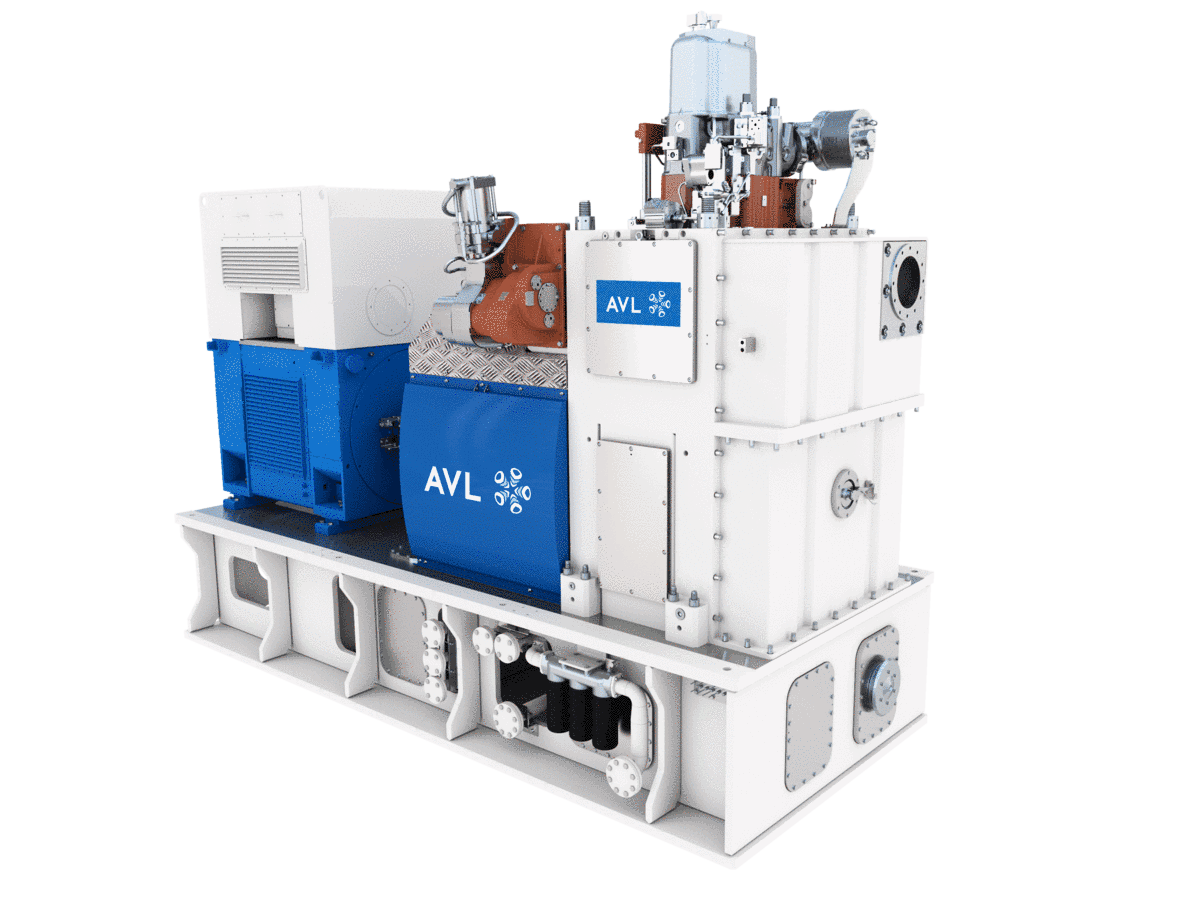Low Emission Dual Fuel Konzepte I (LEDF-Konzepte 1)

Innovative combustion concepts for efficient and low-emission next-generation marine diesel engines – LEDF concepts (Low Emission Dual Fuel concepts)
Background:
The Department of Piston Machines and Internal Combustion Engines (LKV) and the Department of Technical Thermodynamics (LTT) at the University of Rostock are working together with industry partners on the LEDF (Low Emission Dual Fuel) project to develop next-generation combustion concepts for medium-speed marine propulsion systems. The focus is particularly on combining conventional marine fuels and natural gas in order to significantly exceed the exhaust emission limits set by the International Maritime Organisation (IMO) that will come into force in 2016.
To realise this project, a single-cylinder research engine is being built in the test facility of both departments, which will be one of the largest of its kind in the world once completed. In addition to creating the necessary infrastructure, the first phase of the project is characterised by the parallel development of innovative CFD approaches and methods. The combination of simulation and engine testing, which is unique in this form and technological depth, provides the project partners with a powerful tool for identifying both design and process strategy measures to increase efficiency.
Subsequent implementation on a real test vehicle will allow individual measures to be verified with regard to reducing pollutant emissions while simultaneously increasing the power density of the engine. The precise interaction between simulation and engine testing can thus sustainably reduce the development times of modern marine propulsion systems.
The project content and findings will be made available to a broad scientific and industrial community through workshops and specialist publications.
Objectives:
- Realisation of a 1-cylinder research engine test bed as a flexible test vehicle for researching integrated concepts and adapted fuel strategies for future low-emission and high-performance medium-speed marine diesel engines
- Introduction of the latest simulation approaches (3D CFD coupled with reaction kinetics) for predicting knock tendency and pre-ignition as a basis for increasing performance and efficiency and reducing emissions (especially methane) from dual-fuel gas combustion processes
- Improving understanding of the processes and sub-processes involved in mixture formation and ignition in gas combustion processes through numerical analyses
- Optimising the ignition and combustion processes for a representative medium-speed marine diesel engine
Project partners:
- Department of Piston Machines and Internal Combustion Engines at the University of Rostock (research centre for marine propulsion, fuels and exhaust aftertreatment)
- Department of Technical Thermodynamics at the University of Rostock (research centre for heat and mass transfer, internal combustion, simulation and modelling of thermodynamic and molecular processes)
- Caterpillar Motoren GmbH & Co. KG (manufacturer of engines for marine propulsion and stationary applications)
- FVTR GmbH (development service provider in the field of energy technology and combustion process development at the interface between university research and industrial application)
Funding body: BMWi / PTJ
Project team:
- Björn Henke
- Karsten Schleef
- Sascha Andree
- Christian Fink
